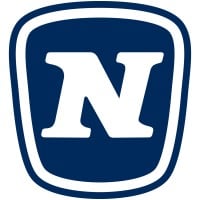
Fortune Gaming
TIL Gaming is a small casino management company. We utilize functional insights gained over years of direct casino operations experience at the highest executive levels. Our team of specialists includes management operations, finance, marketing, human resources, and other disciplines. TIL Gaming has a proven record of success influencing all critical areas of casino operations: Table Games Operations Food & Beverage Marketing, Sales & Advertising Finance & Accounting Human Resources Security & Surveillance Facilities and IT






